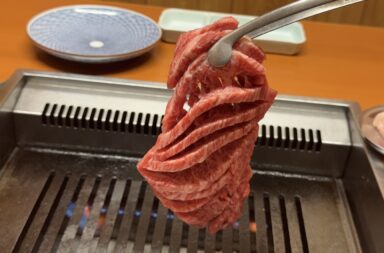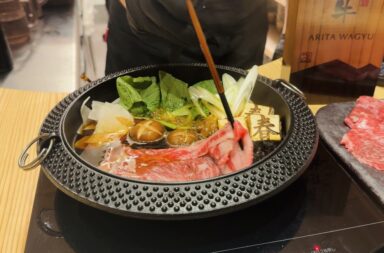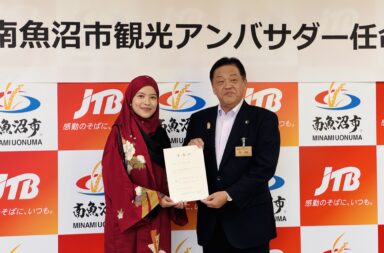Written by: Zhafira Aqyla
Following our previous series on Living as a Muslim in Japan, we have taken a short ride to a city near Osaka where it is widely known for its traditional Japanese ambiance. In this series, we spoke with an Indonesian Ph.D. student from Kyoto University and gathered some real-life teas on how it feels to live in a city famous for travel spots like Fushimi Inari, Kiyomizu-Dera temple, and the Kyoto tower.
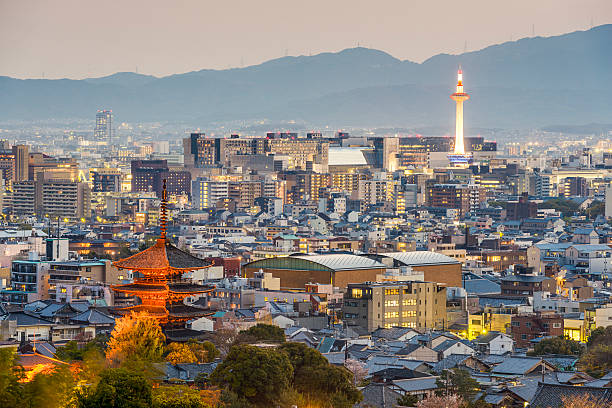
Could you introduce yourself to our readers at home, please?
My name is Haris and I have lived in Kyoto since November 2017, so it has been almost 3 years now. I am currently pursuing a Ph.D. at Kyoto University.
On a scale of 1-10, how comfortable is it to live in Kyoto as a Muslim?
I would personally say 7. While I can still pray and eat Halal food comfortably, I have limited access to prayer spaces since I live near campus (Kyoto University). There are more prayer spaces in the city, most likely to cater to Muslim tourists.
You mentioned prayer spaces. Let’s start with mosques. How many are there in Kyoto in total?
The most famous one is the Islamic Center of Kyoto, which serves as the hub for the Kyoto Muslim Association. It is the first mosque in Kyoto and it is not the biggest in terms of size. It is located in the basement of a building, so we still had to rent a different place for Eid prayers. Although, it is spacious enough to accommodate for Friday prayers and itikaf during the last 10 days of Ramadan.
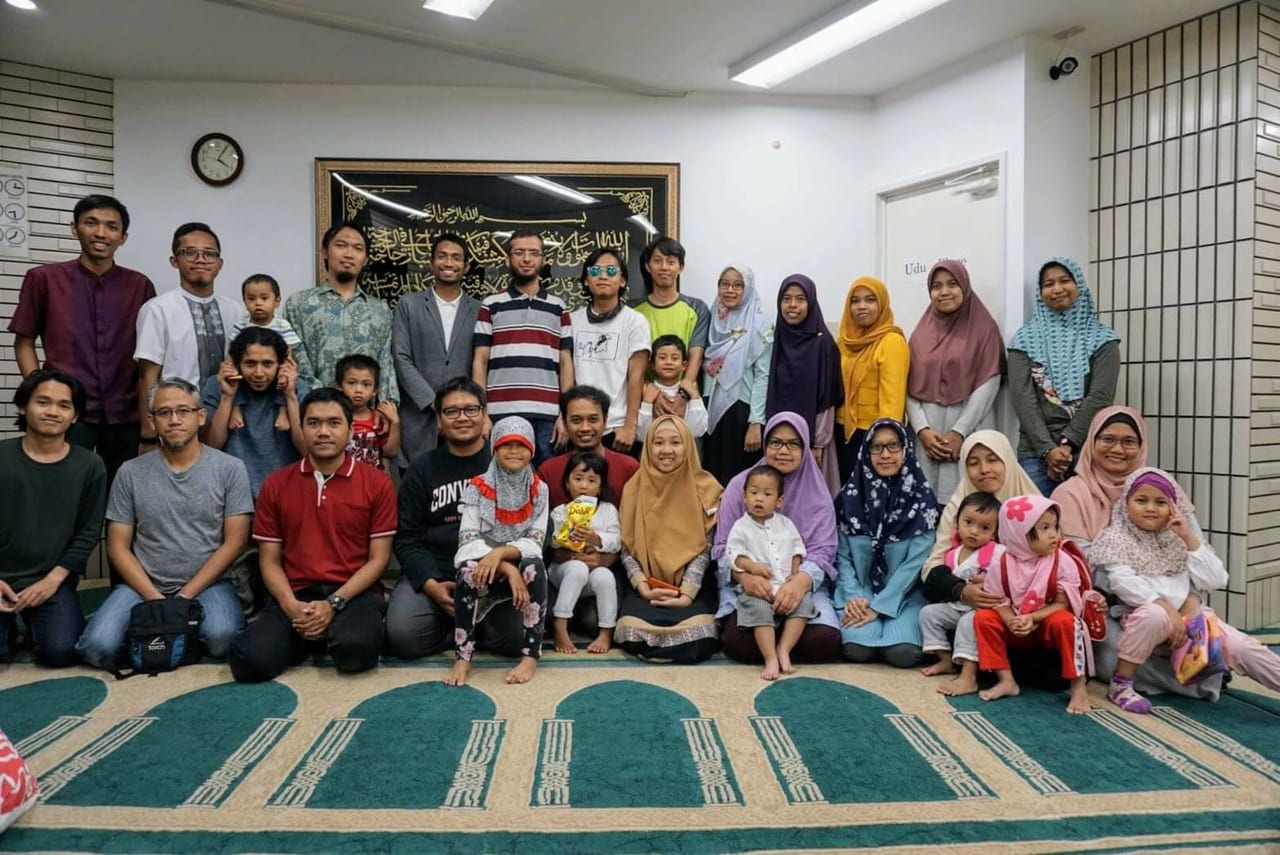
Recently, there is another mosque that just opened up, we call it the Kyoto Central Masjid. Before the pandemic, they used to hold Arabic classes for children during the weekends. Both are accessible from campus and most of the practitioners or visitors are actually students.
Since Kyoto is famous for its traditional tourist attractions, there must be many prayer spaces established near these areas. Where would you recommend tourists go to if they wish to remain within a range from prayer spaces?
Kyoto tower is right at the top of my mind. It is only 2 minutes away from Kyoto station and it has a comfortable prayer room inside on the third floor. It is easily accessible by anyone. There is also one at Sanjo tourism information center. It is a shopping center, so you can shop without worrying about having to find a corner to pray.
There are also many prayer rooms inside Halal or Muslim-friendly restaurants. Some places I can recommend are the famous Ramen place, Ayam-ya, Yoshiya at Arashiyama, and Naritaya.
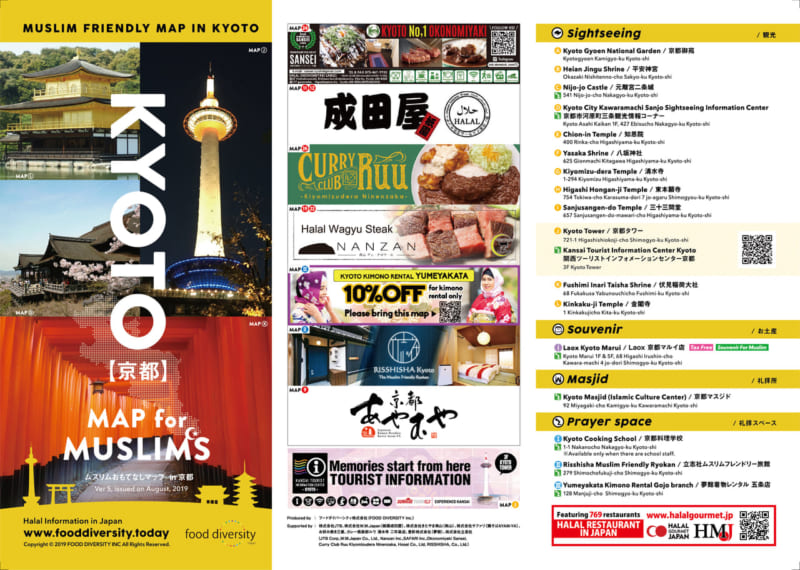
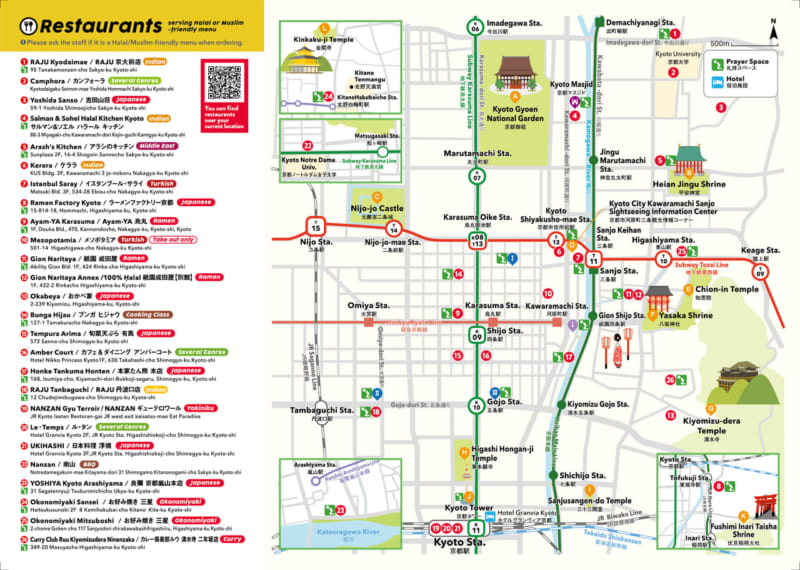
See more: Kyoto MAP for Muslims in Renewed with More Halal Restaurants and Prayer Spaces!
If you are a student at Kyoto University, you can also try the halal menu in our cafeteria on Yoshida and Katsura campus. They have the halal mark and it was certified by the Muslim students after going through an inspection process. Although they are currently closed due to the pandemic, students and non-students alike are free to eat on campus!
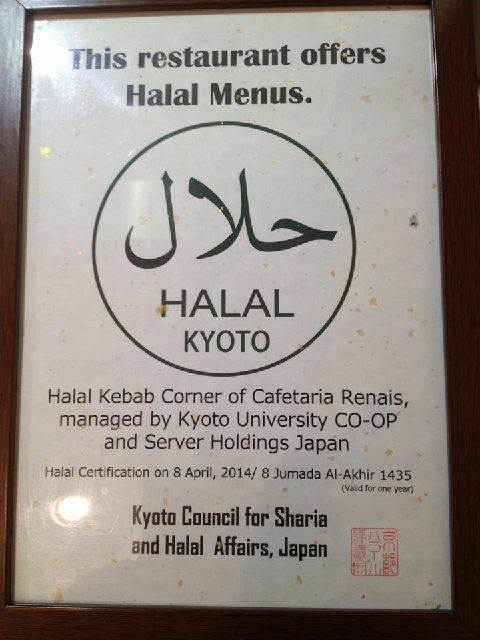
What about groceries? Where do you usually go?
There is a Gyomu supermarket in Uji, it is the one I go to the most, and they sell plenty of Halal items. There is also a halal market at the Islamic center managed by the Muslim community. A few members of the community would also offer a delivery service. They will let you know which area they are going to and you can request items if they happen to plan to visit your neighborhood.
Read more: Two Kinds of Halal Pizzas are on Sale at Gyomu Super!
Going along that line, what about the convenience stores?
Kyoto is not there yet. I haven’t found convenient stores that sell Halal-certified items. If you want to get snacks, you will have to check the ingredients yourself.
In general, do you feel like Kyoto is discriminatory towards the Muslim community?
Since I’m a guy and don’t carry a specific Islamic identity with me (unlike the Hijab), I can’t speak for everyone. When I go out, I just look Indonesian, not Muslim, and so when I get treated slightly differently, it is hard to say whether that happens because I’m a Muslim or because I’m a foreigner.
I heard from the sisters that they have been turned away at a bakery before. When I asked about it, I think we later realized that the owners had a good intention. They simply wanted to say that none of the pastries were Muslim-friendly, so they were not able to sell them.
Other than that, I feel like we were treated fairly. I was able to go to Friday prayers without any issue, and our professors respected our religious necessities.
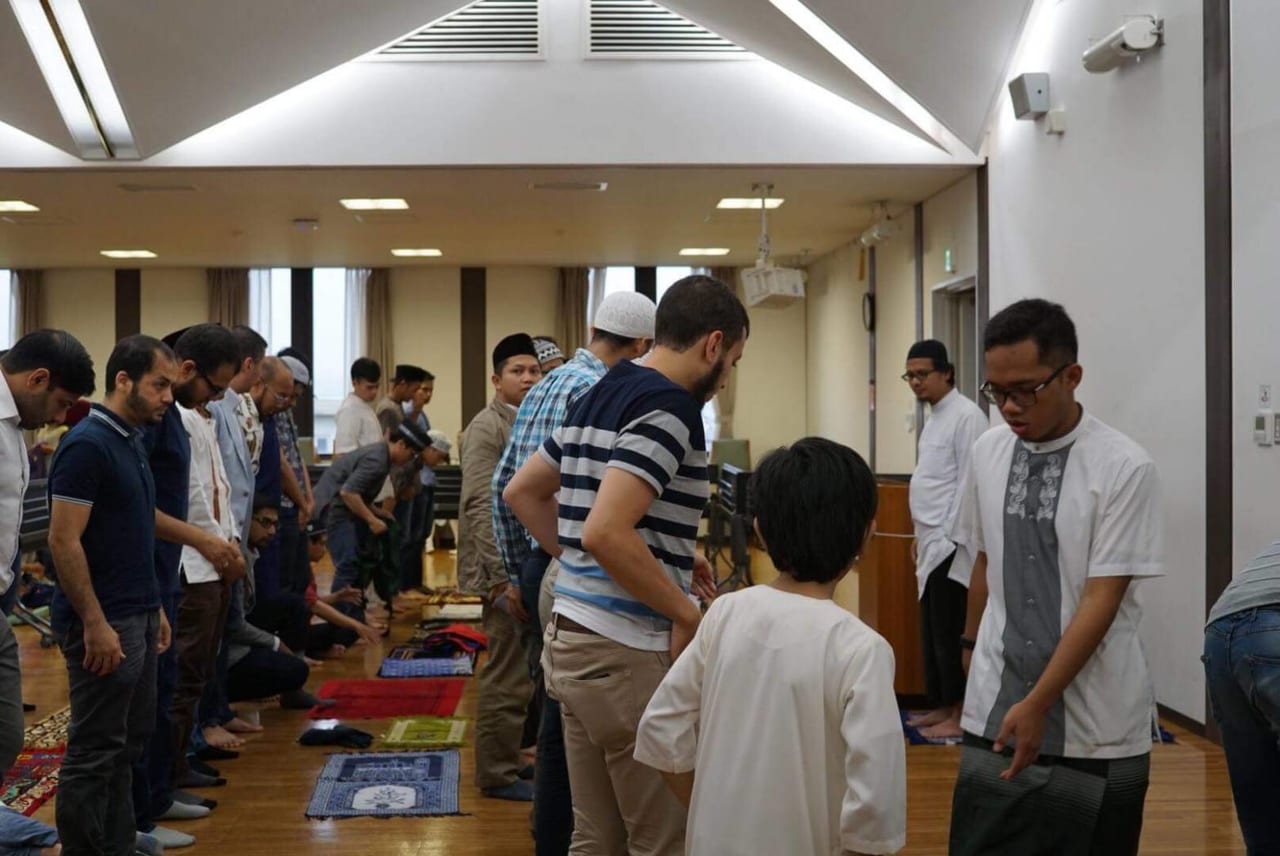
That’s nice to hear. Do you have any advice for incoming Muslims who are arriving in Kyoto this October?
If you can’t find a prayer room, something we do a lot is finding a fitting room and pray there. Or, if you are going out with a crowd, you can pray with everyone outside and you shouldn’t get into trouble for it.
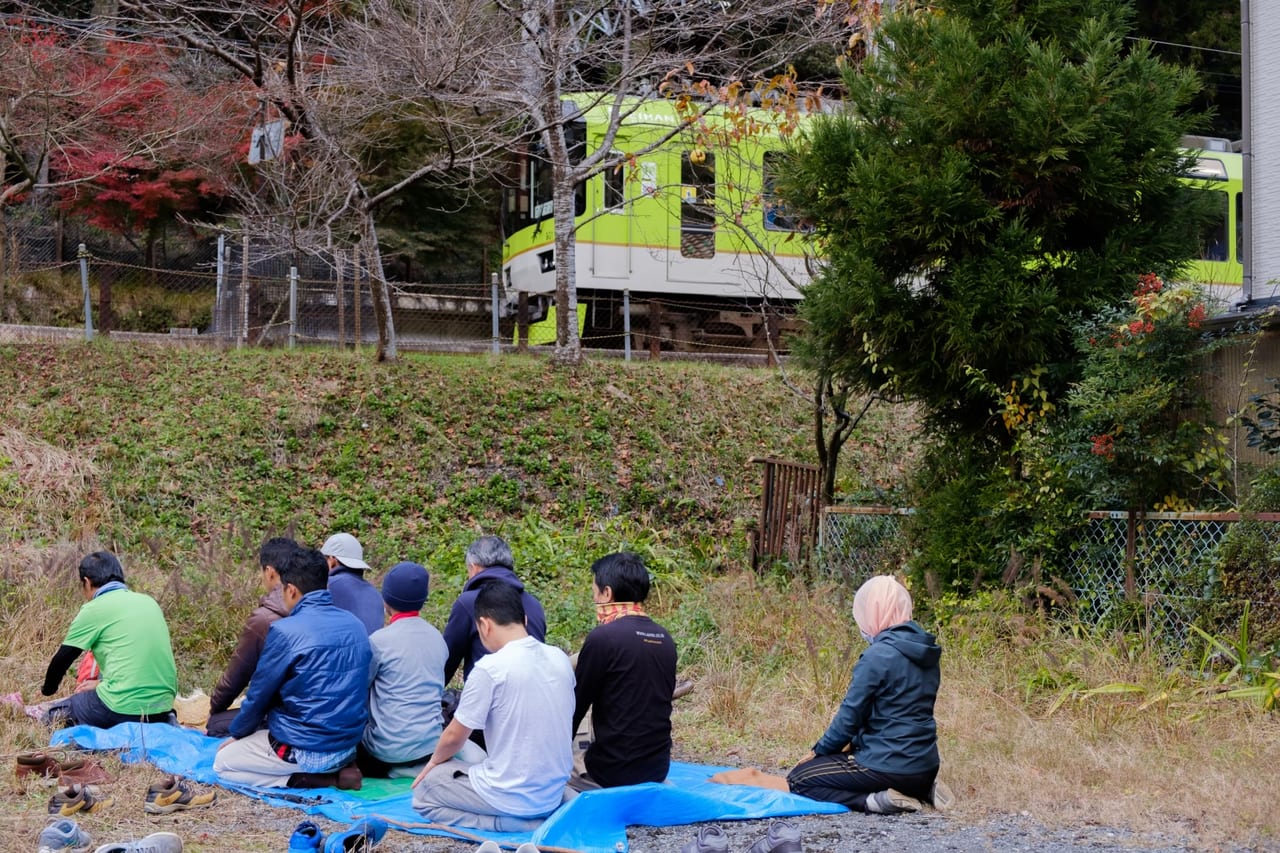
Make sure to take ablution (wudhu) from home and always bring a prayer mat with you when you go out. If you need to take ablution in public restrooms, it would be better appreciated if you don’t lift your feet up to the sink since it will cause inconvenience to the others. You can wear socks and wipe them instead.
